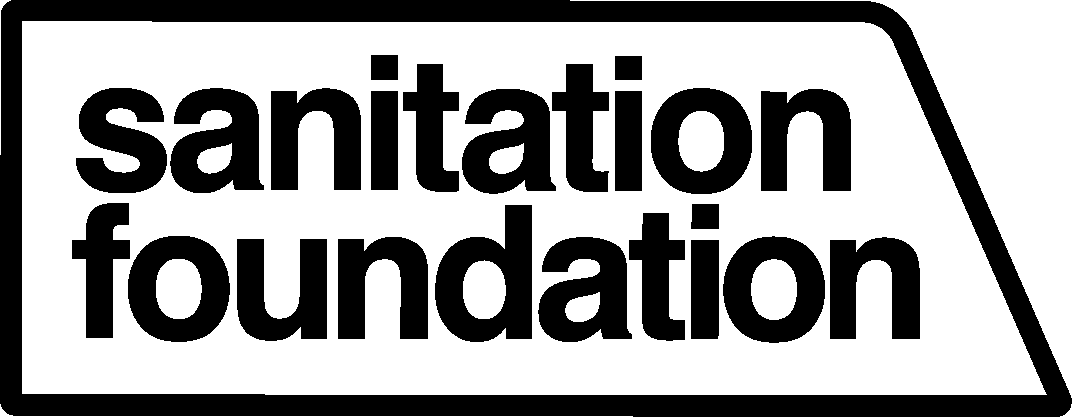Benefits for first responders, and all New Yorkers.
The James Zadroga 9/11 Health and Compensation Act, originally signed into federal law in 2010, created the World Trade Center Health Program and expanded the September 11th Victim Compensation Fund, which had originally closed in 2003. Congress re-authorized both of these programs with subsequent acts in 2015 and 2019, extending and funding them through 2090.
We encourage members of the 9/11 community to explore these programs. Even if you are well and healthy now, you can still register and receive annual screenings, to protect against future illness.
WTC Health Program
The World Trade Center Health Program is a nationwide medical program that specializes in the care of both the physical and mental health conditions that were caused by 9/11. Annual screenings and care are free for the 9/11 community, which includes first responders at Ground Zero and Fresh Kills Landfill as well as the general public who lived and worked in lower Manhattan and parts of downtown Brooklyn.
9/11 Victim Compensation Fund
Originally created to compensate victims and survivors of the events of 9/11 itself, the Victim’s Compensation Fund was later expanded to include long-term health effects and now offers compensation for loss of earnings, pain and suffering, or out-of-pocket medical expenses for first responders and survivors with WTC-related illnesses. In order to qualify for this compensation, illnesses must be certified by the WTC Health Program. All monetary awards are tax-free.
WTC Health Registry
In 2002-2004, the City of New York enrolled over 71,000 responders and survivors in the WTC Health Registry, creating the largest disaster registry in history. Read more about the Registry’s research and what we have learned about the health impacts of 9/11 here.
dsny health concerns.
Not only was post-9/11 asthma, and other respiratory problems, similar among Fresh Kills barge workers and other recovery workers at the WTC site, but pre-9/11 health risks and exposures at the landfill included bacteria, diesel exhaust, dusts, heavy metals, and medical waste which compounded effects for some DSNY recovery workers.
According to the American Journal of Industrial Medicine, there is a “higher prevalence of work-related dermatological, neurological, hearing, and respiratory symptoms among DSNY landfill workers than in a comparable group of workers not exposed to Fresh Kills.” But people who were exposed to lower levels of contaminants after 9/11, like those found in ventilation systems, also developed health issues like asthma.
DSNY employees, and other first responders, sought medical care and treatment for the following illnesses in the days, weeks, and years following 9/11 recovery:
Asthma, Chronic Bronchitis, Gastroesophageal Reflux Disease (Gerd), Reactive Upper Airways Dysfunction Syndrome (Ruds), Chronic Laryngitis, Chronic Nasopharyngitis, Fibrosis, Granulomas, Nodules Within The Lung Parenchyma, Urinary System Cancer, Severe, Headaches, Musculoskeletal Injuries, Rhinosinusitis, Obstructive Sleep Apnea (Osa), WTC Cough Syndrome, Lymphoproliferative and Hematopoietic Cancers, Mesothelioma, Thyroid Cancer, Prostate Cancer, Multiple Myeloma, Breast Cancer, Posttraumatic Stress Disorder, Burn, Complex Sprain, Eye Injury, Fracture, Head Trauma, Tendon Tear, Interstitial Lung Disease, New-onset and WTC-exacerbated Chronic Obstructive Pulmonary Disease, Upper Airways Hyperactivity, Acute Stress Disorder, Adjustment Disorder, Anxiety Disorders, Depression, Dysthymic Disorder, Generalized Anxiety Disorder, Major Depressive Disorder, Panic Disorder, Substance Use Disorder, Carpal Tunnel Syndrome, Low Back Pain, Colon Cancer, Rectum Cancer, Eye Cancer, Ovarian Cancer, and Soft And Connective Tissue Disorders.
Watch the videos on this page to learn more about how you can get help if you have yet to seek medical assistance for 9/11-related health issues.




